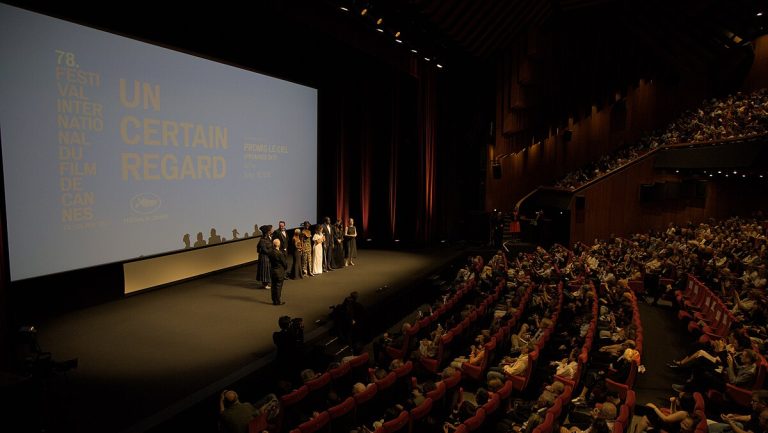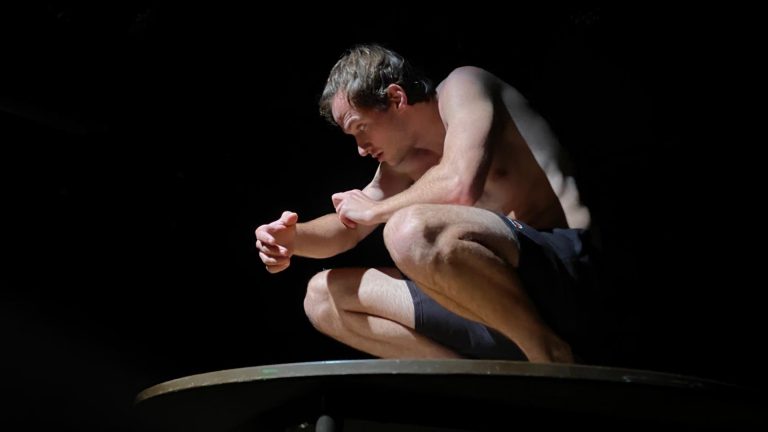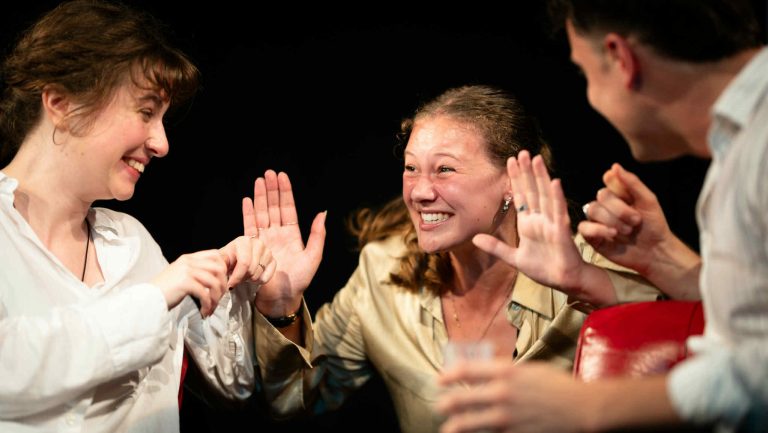Film festivals often get a bad rep. We’ve all heard the stereotype before: they are elitist and out-of-touch, filled with arrogant critics watching obscure films in exclusive, luxurious cinemas. The Oxford Student even ran a piece about this perceived pretentiousness in 2012: if a director wants festival success, an anti-Cannes crusader writes, what they ought to have made was a slow black-and-white film about German Protestantism. But a false binary holds up these views – the idea that festival films are just for the ivory tower, while commercial blockbusters are accessible, democratic cinema. Maybe Tony Stark is a man of the people, after all! But with any sort of inspection, this dichotomy crumbles, and we can see the important role these events play in the entertainment industry.
Before I go any further, though, I have a confession: I am a film festival aficionado. I love getting to see films early, reading reviews as soon as the embargos are lifted, and joining in on the buzz around a particularly riveting watch. I am also the director for the upcoming 2026 Oxford University Short Film Festival this Hilary, and president of Oxford University Filmmaking Foundation (OUFF). But before you dismiss my arguments as the ramblings of a cinephile, I should tell you that I got placed a laughable number 14,733 in the queue for tickets at the recent BFI London Film Festival. So, I have not only a bone to pick, but a claim to neutrality.
Still, to paint Cannes, Sundance, or Venice as some sort of resistance to ‘the market’ betrays a lack of knowledge about how these events actually work. Festivals are inherently commercial. Not only are big action movies often a key part of festival line-ups, but the events are designed to facilitate film sales to distributors. When OUFF interviews independent filmmakers, for example, our guests often describe festivals as a busy time in their lives not because of the number of films they watched, but the number of meetings it took to sell their film. Here, distributors are looking for the awards players and viral twitter gems, films that will bring them money through their cultural cachet.
Despite the box-office obsession underpinning this process, festivals are nonetheless a platform to champion independent and world cinema. They have allowed underrepresented films to be watched by increasingly bigger audiences through this very distribution pipeline. A lot of films that went on to be at the centre of the cultural conversation and had great box office performances had their start at a festival. The Worst Person in the World (2021)? Snagged by Neon at Cannes. Past Lives (2023)? A24 at Sundance. Conversely, the films that skip the festival season completely are the ones that have the security of a well-established filmmaker behind them or a giant studio machine banking on their success (think Oppenheimer (2023) or, more recently, One Battle After Another (2025)). Not looking so democratic now, huh! But to prejudge quality based on how a film found a distributor is misinformed: ‘festival’ or ‘straight to theatre’ films are not good or bad because of the path they took to reach our screens. Different films just need different launchpads, and there is nothing wrong with that.
What worries me the most is the aversion to ‘pretension’ that underlies criticism of festivals. “Pretentious” often just means “foreign” or “challenging”. And such criticism is born out of a lack of confidence in the audience, whether it be their willingness to read subtitles, to appreciate an innovative film technique, or to welcome new talent on and behind the screen. This is not only anti-intellectual but extremely patronising to the ‘standard viewer.’
Festivals are the best answer we have, and fulfil an incredibly important role, but this does not mean that commercial or political concerns are ignored once the lights dim in the theatre. Box office and lack of political resolve keep getting in the way of audiences’ access to great cinema. Just think of the Oscar-winning documentary No Other Land (2024), which played at the Berlinale but failed to secure American distribution. So many important stories are left only for festival audiences to see – not because of exclusivity or elitism but because of risk-aversion.
As the entertainment industry gets increasingly formulaic, festivals (and the distributors that attend it) must double down on demanding respect for the audience and ensuring they have the opportunity to watch all kinds of cinema: daring, eye-opening, “pretentious”. This is far from an anti-commercial endeavour: they are simply supplying the consumer with more choice.
So, yeah, give me the slow black-and-white film about German Protestantism. Let pretentiousness run rampant. We could use more of it.











